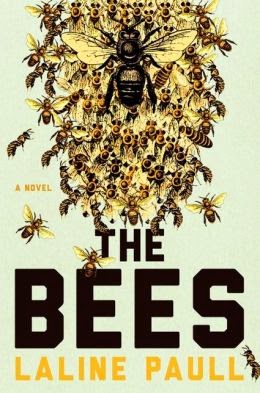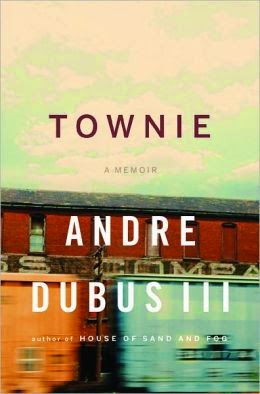 Julie Schumacher
Julie Schumacher grew up in Wilmington, Delaware, and graduated from Oberlin College and Cornell University. Her first novel,
The Body Is Water, was published by Soho Press in 1995 and was an ALA Notable Book of the Year and a finalist for the PEN/Hemingway Award and the Minnesota Book Award. Her other books include a short story collection,
An Explanation for Chaos, and five books for younger readers. She lives in St. Paul and is a faculty member in the Creative Writing Program and the Department of English at the University of Minnesota.
Schumacher's new novel is
Dear Committee Members.
A couple of weeks ago I asked the author about what she was reading. Schumacher's reply:
Periodically I offer myself a bit of a lecture about reading more nonfiction and thereby becoming a worldlier and more well-informed person; but then I remember Jane Austen’s  defense of the novel in Northanger Abbey* and I happily return, in good conscience, to fiction. (I’ve read Northanger Abbey half a dozen times and will never tire of it. Everyone should read Northanger Abbey....)
defense of the novel in Northanger Abbey* and I happily return, in good conscience, to fiction. (I’ve read Northanger Abbey half a dozen times and will never tire of it. Everyone should read Northanger Abbey....)
As for right now, here’s what I’m reading:
Nancy Hale, Prodigal Women
Out of print (but I found it at the library), published in 1942, this is an incredible novel. Why had I never heard of Nancy Hale until recently? Imagine a conglomeration of Edith Wharton, Willa Cather, and D.H. Lawrence, and you’re part of the way there. Such insight into human character and social relationships, such streamlined but beautiful prose. This novel was scandalous in its day, with its very direct references to  female sexual desire and abortion – somebody needs to bring this thing back into print.
female sexual desire and abortion – somebody needs to bring this thing back into print.
Smith Henderson, Fourth of July Creek
I read a review of this novel which praised it but spent a good deal of time discussing its resemblance to the work of Cormac McCarthy – which I found discouraging, because I am one of the few people on the planet who doesn’t care for McCarthy’s work. Fortunately, I loved Fourth of July Creek, which is powerfully dramatic in its portrayals of a well-meaning but damaged social worker and some of the rural and very damaged children he attempts to assist. There’s  a bleakness here, but Henderson offers the reader – and his characters – hope as well.
a bleakness here, but Henderson offers the reader – and his characters – hope as well.
LaLine Paull, The Bees
My local independent bookstore hand-sold me this one: I would not normally have purchased a thick novel written entirely from the point of view of an insect, but I am a sucker for hand-selling and for an independent bookseller’s enthusiasm. I am not finished reading this one yet, but I can attest to the fact that it takes only 2-3 pages to begin to feel that I am inside that hive with my fellow bees, worrying about the well-being of our queen.
Joseph Boyden, The Orenda
I was skeptical of this novel during the first chapter or so – I tend to be suspicious of history-based fiction, for fear that the writer will  make me feel I am on the receiving end of a lecture about “the food and clothing of our ancestors” – but Boyden is massively talented, and his portrait of Jesuit missionaries and the conflict between the Huron and the Iroquois will more than satisfy (it will bowl over) any reader of literary fiction. This will one day be made into a movie – but please read the book first.
make me feel I am on the receiving end of a lecture about “the food and clothing of our ancestors” – but Boyden is massively talented, and his portrait of Jesuit missionaries and the conflict between the Huron and the Iroquois will more than satisfy (it will bowl over) any reader of literary fiction. This will one day be made into a movie – but please read the book first.
------------------
* “Yes, novels – for I will not adopt that ungenerous and impolitic custom so common with novel writers, of degrading by their contemptuous censure the very performances, to the number of which they are themselves adding....”
Visit
Julie Schumacher's website and
Facebook page.
--Marshal Zeringue
 and she wanted a job that provided more flexibility to stay with him.
and she wanted a job that provided more flexibility to stay with him.which I really need to finish. Someone gave me a copy as a Christmas present, so it’s only been eight months *lowers head in shame*.





















































